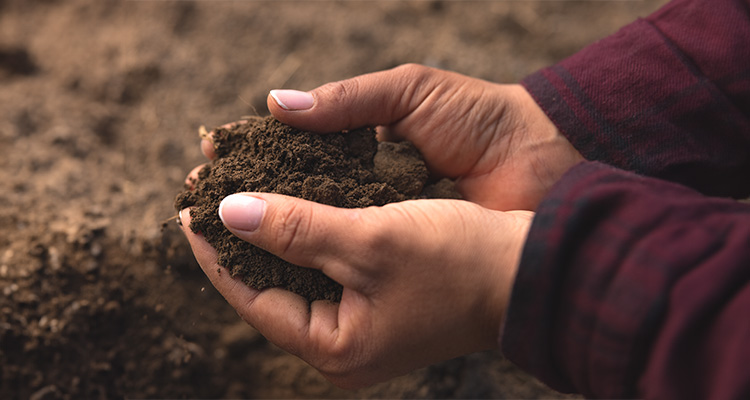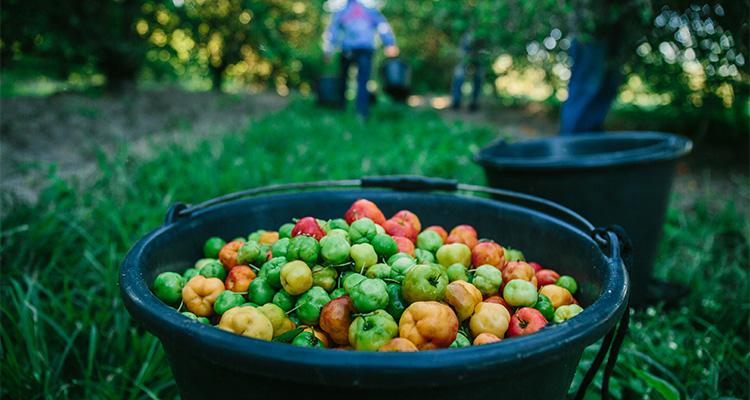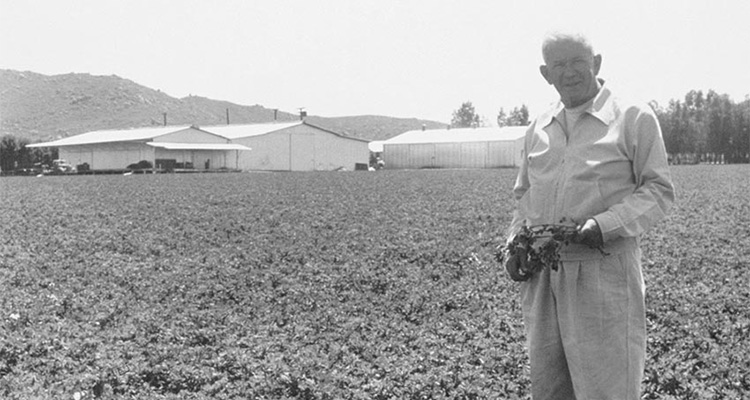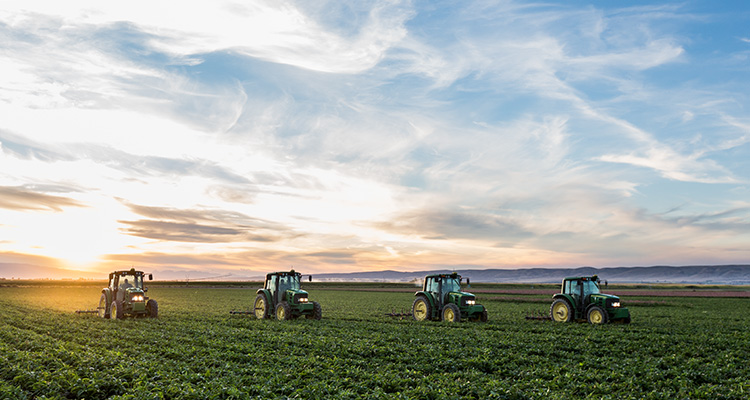At the base of Mt. Adams in southern Washington state, there are over 400 acres of nutrient-rich soil nurture plants which are part of something much bigger, as we’ve covered in our previous article on our sustainable farming practices.

These crops, along with those grown on a farm the size of New York City's Central Park just a few hundred miles away, are all fed by the pristine waters of the Columbia River Basin. Travel south to the Petacal Mountain region of southwestern Mexico, and you'll find over 1,500 acres of farm land cultivating everything from oranges to spinach. Cross the equator to Ubajara, Brazil, and you'll discover farms growing cherries, guava and cashews.

While these locations are scattered across the globe, they share a common bond—they are the heart of Nutrilite. These farms produce the fruits, vegetables, herbs and other plants that form the basis of Nutrilite's plant concentrates, the key ingredients in the world’s #1 selling vitamin and dietary supplement brand*.
Today's health-conscious consumers trust Nutrilite for its commitment to quality and transparency. However, what many might not realise is that Nutrilite's dedication to sustainable and organic farming practices dates back more than 80 years—long before these practices became industry standards.
Nutrilite was founded by Carl Rehnborg, a man who was ahead of his time. In the 1950s, as Nutrilite’s popularity soared, Carl quickly recognised the need for more farmland to meet the growing demand for his food supplements. The original farm in Buena Park, California, could no longer sustain the increasing production needs.

In March 1951, Carl acquired a 100-acre parcel of land in Hemet, California, and moved the farming operations there. Nestled in the San Jacinto Valley, this location was ideal for cultivating the crops essential to Nutrilite supplements. The farm combined the three key elements Carl believed were crucial for superior plant growth: nutrient-rich soil, a warm climate with a long growing season and access to deep aquifers for a consistent water supply.
Carl’s vision for Nutrilite was not just about producing supplements; it was about growing them sustainably. He understood that healthy plants start with healthy soil and he was committed to farming methods that enriched the earth rather than depleting it. This approach to agriculture was revolutionary at the time and laid the groundwork for the sustainable practices that are now a hallmark of Nutrilite’s operations worldwide.
Today, Nutrilite’s farms continue to uphold Carl’s commitment to quality, sustainability and innovation. Whether it’s the volcanic soil of Washington, the fertile lands of Mexico, or the tropical climate of Brazil, every Nutrilite farm is carefully managed to produce the highest quality ingredients. This dedication to excellence ensures that every Nutrilite supplement is packed with the nutrients consumers need to support their health and wellbeing.

Nutrilite’s journey, from a small farm in California to a global leader in dietary supplements, is a testament to Carl Rehnborg’s vision and determination. His early adoption of sustainable farming practices has set Nutrilite apart and paved the way for a more sustainable future in agriculture.
Nutrilite isn’t just a brand; it’s a legacy of trust, innovation and a commitment to nourishing the world—one supplement at a time.
Did you know that Nutrilite is now 90 years old? Join in on the #PowerOf90 celebrations here.
*Source: GlobalData, https://gdretail.net/amway-claims/